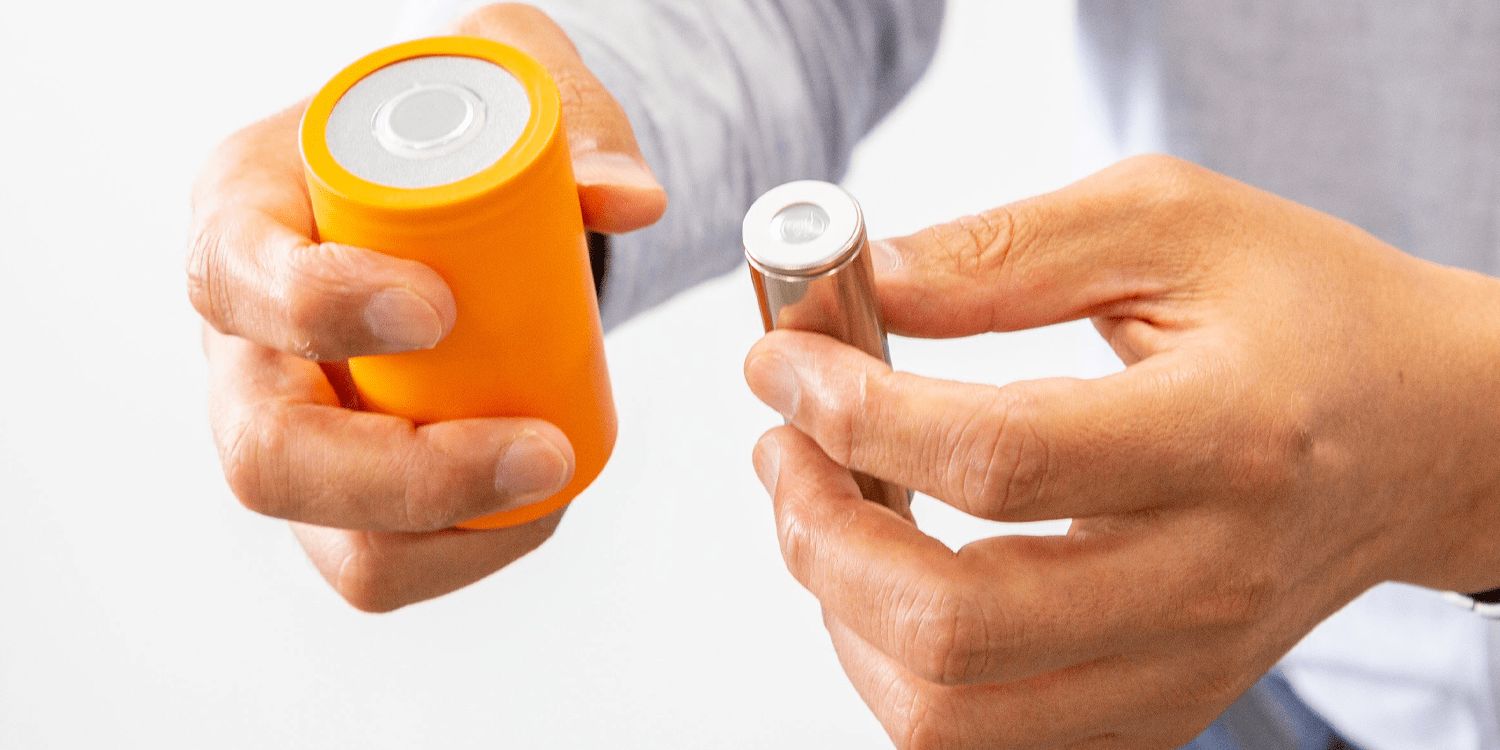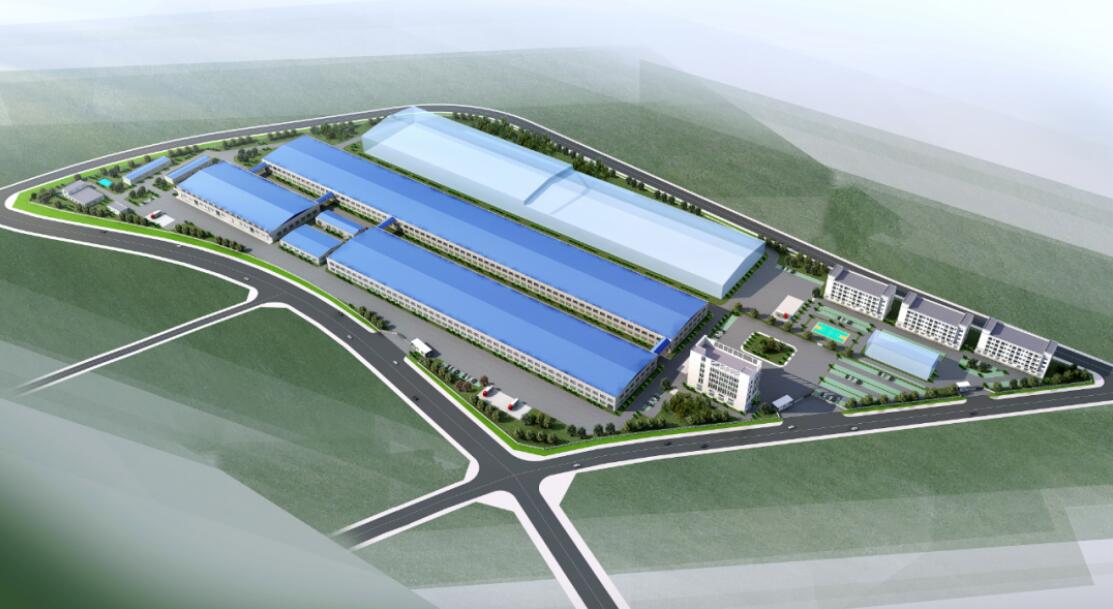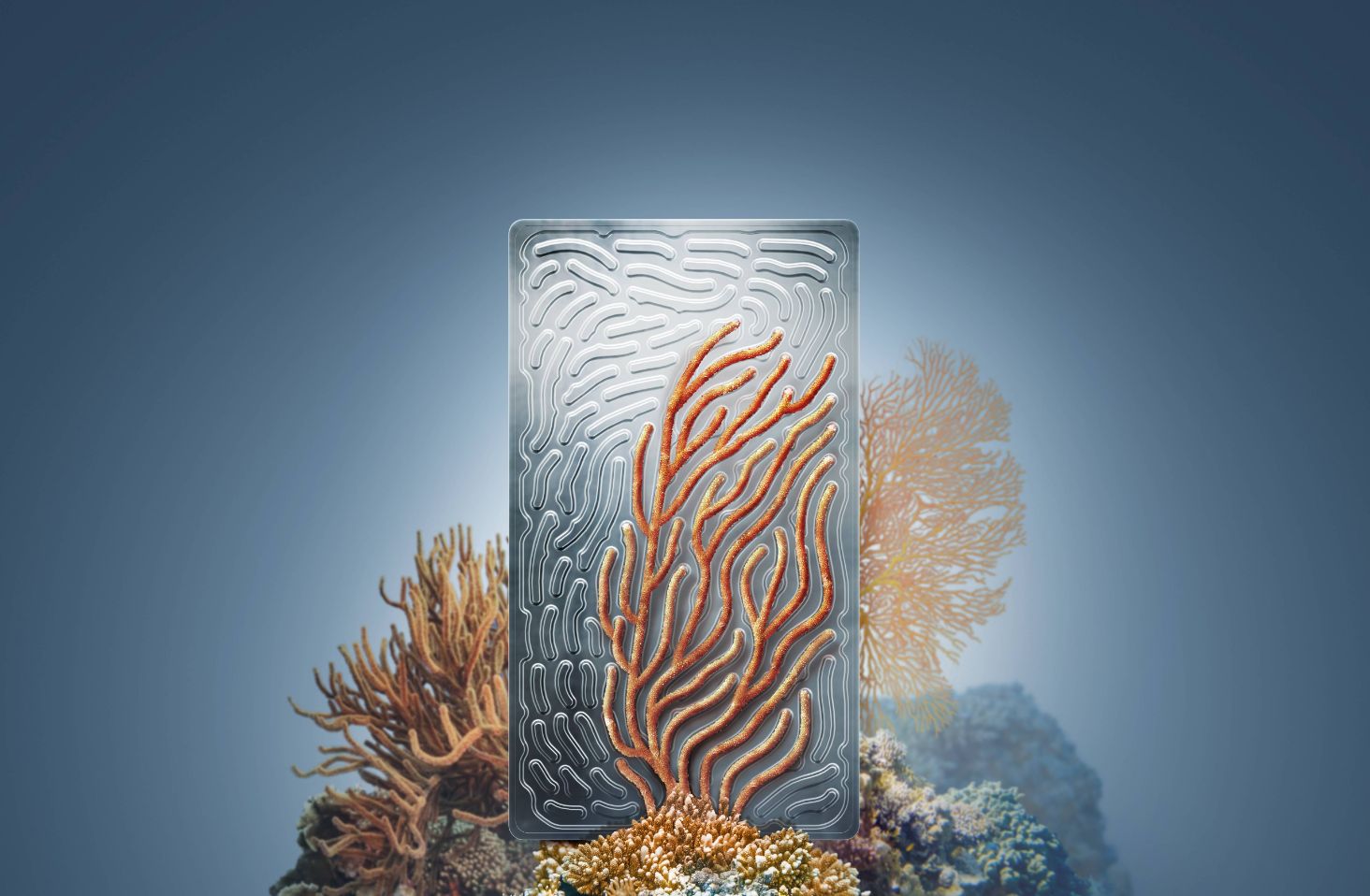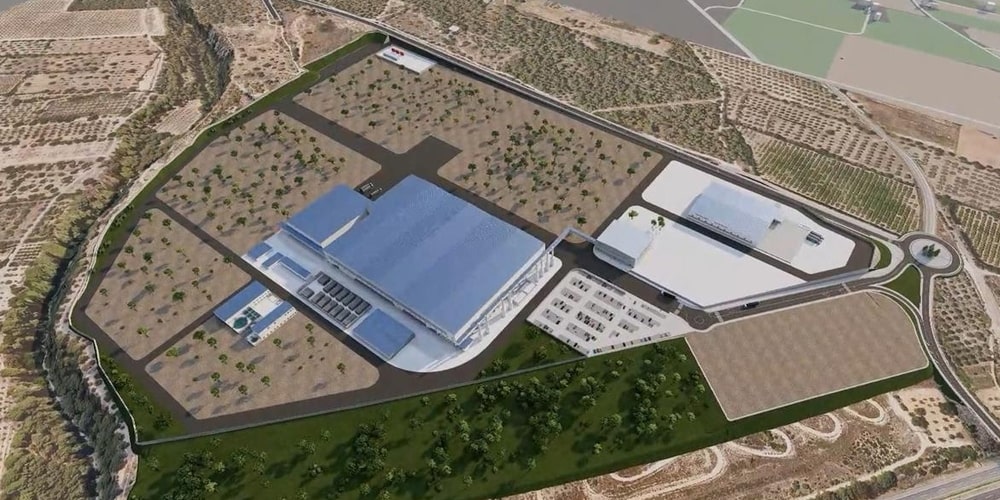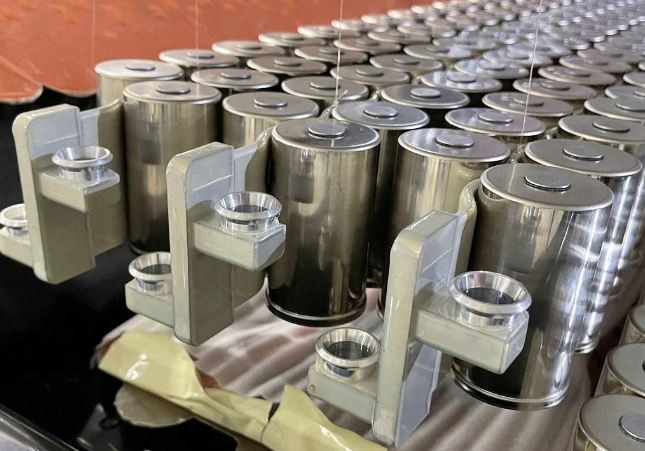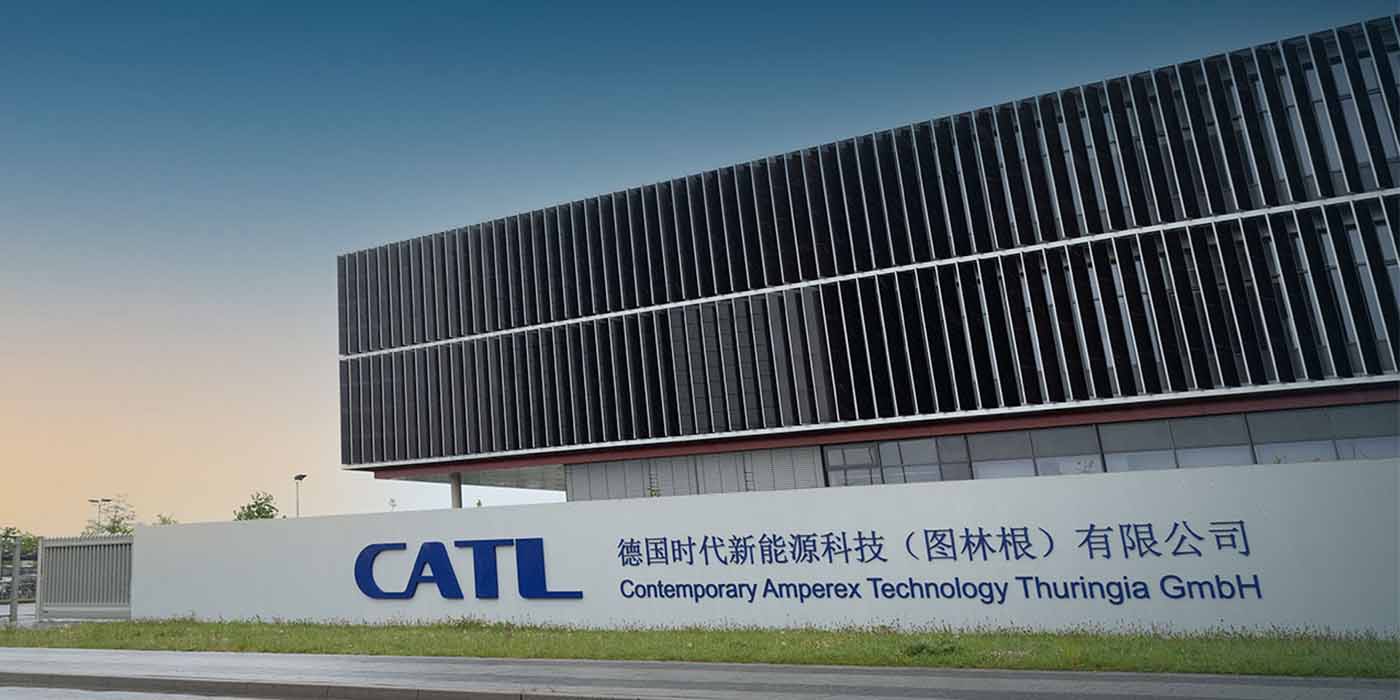With the rapid surge in popularity of electric vehicles (EVs), it’s clear that numerous companies have embraced the electric future of mobility. While the technology boasts impressive potential to tackle modern-world issues, concerns about industry monopolization have emerged among stakeholders.
Currently, China holds a dominant position in the EV battery industry, owing to its cost-effective labor force and abundant reserves of minerals essential for battery production. Furthermore, China’s advanced battery recycling technology has granted it a substantial edge in the sector. A report from Energy Portal reveals that China possesses triple the lithium battery recycling capacity of the United States. Moreover, Reuters forecasts a more than 60 percent growth in the global EV battery recycling market by 2028.
See also: General Motors and Samsung SDI to Form New Partnership for Cylindrical EV Batteries
In a determined bid to tap into the flourishing EV market, the United States has introduced the “Advanced Manufacturing Production Credit” clause within the Inflation Reduction Act of 2022 (IRA). This provision entails a decade-long series of tax credits designed to bolster local production of EV-centric batteries. Additionally, recycled batteries qualify for subsidies if they are processed within the United States, irrespective of their initial place of manufacture.
This legislative initiative enables American EV manufacturers to ramp up their production capacities while simultaneously curbing their reliance on China for future EV battery requirements. Consequently, a race is underway in the “secondary market” for EV batteries, as a substantial surge in US-based EV battery recycling technology looms on the horizon. Ascend Elements, a notable battery materials manufacturer, is a prime example, having secured two grants totaling $480 million from the US Department of Energy. These funds will facilitate the establishment of a new manufacturing facility in Kentucky, expected to commence operations in late 2024.
See also: Mercedes-Benz Expects Surge in Luxury EV Sales with New High-End Vehicles
The incentivization of battery recycling through federal grants holds the potential to diminish the nation’s dependence on foreign-mined resources. By repurposing used batteries and extracting valuable metals, the demand for fresh mining operations could see a decline. This, in turn, preserves precious natural resources required for new battery production and may even lead to cost reductions for consumers.
Efforts to gather additional insights from the US Department of Energy regarding the specifics of the 2022 Inflation Reduction Act clause are currently underway. However, as of now, the agency has yet to furnish a response. Updates on this evolving narrative will be provided as more information becomes available.

